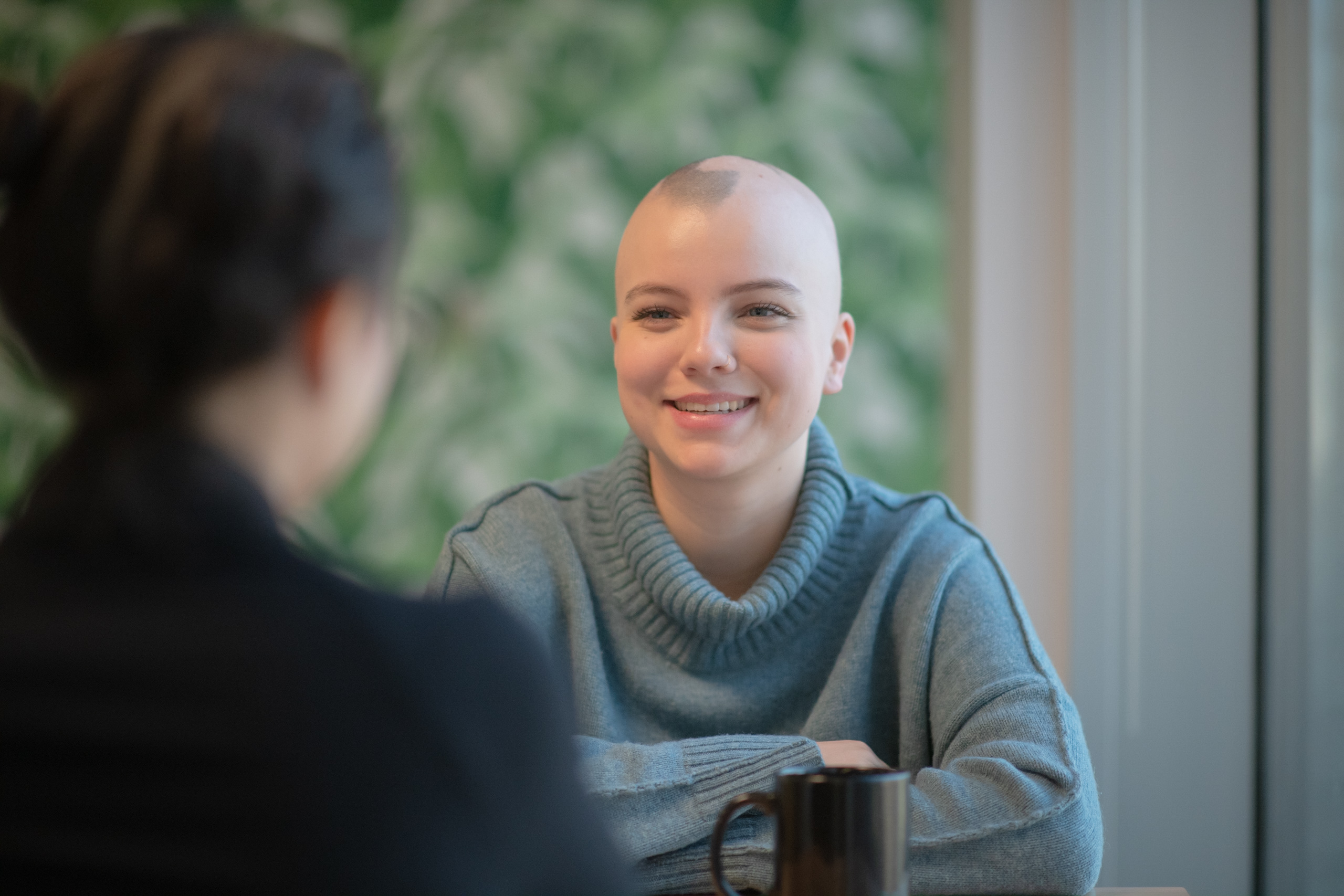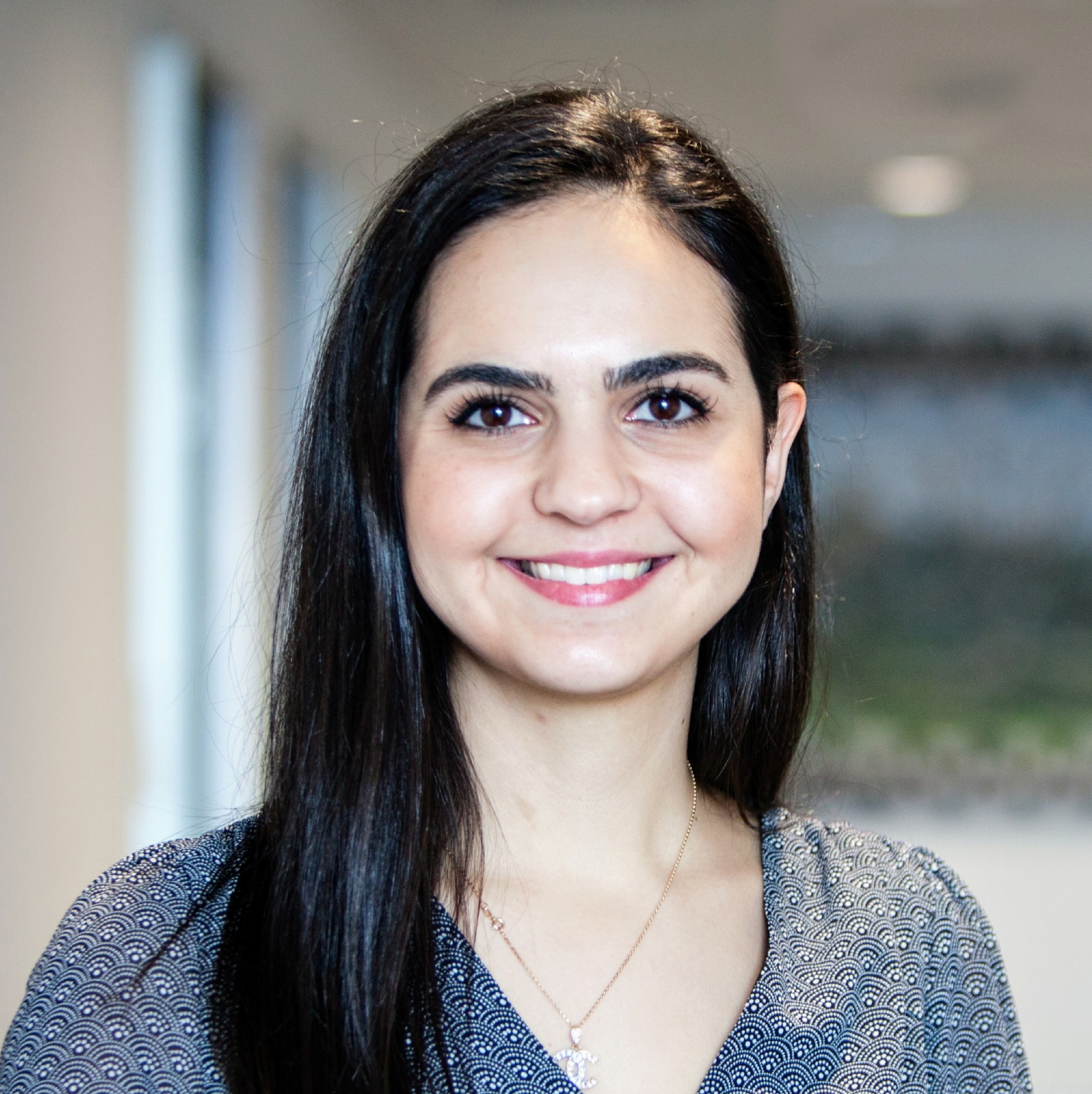Thanks to you, we're seed-funding survivorship
.jpg)
This is how your generosity helped pave the way for a Federally-funded post-treatment program for childhood, adolescent and young adult cancer survivors.
Through your support, The Kids’ Cancer Project prides itself on funding innovative research projects that will make a difference for kids with cancer sooner.
Five-year survival rates for childhood cancer sit at 87%. But for each former patient, survivorship – the point of entering remission until end of life – can be a daunting period, arguably just as difficult as undergoing harsh cancer treatment.
It’s why programs like Engage are so critical and one which The Kids’ Cancer Project is proud to have funded from its very beginning. Over the last decade, it’s grown to include a $1.9 million grant from the Australian Government’s Medical Research Future Fund (known as the MRFF) – growth only made possible through your generous support.
It’s where your impact continues to make a difference for kids who need it most.
Understanding survivorship
Survivorship programs, much like Engage, have been created due to the lifelong impacts cancer treatment can have on a patient. Survivors are at a higher risk of health problems like heart or lung issues, growth and fertility challenges, and even secondary cancers or early mortality compared to the general public.
Psychologically, many face anxiety, depression, and difficulties with learning, memory, and social relationships – making school and social life difficult.
At a time when children are expected to jump back into what is regarded as a “normal life” post-treatment, these issues can arise. Survivorship care has been seldom developed for adolescents and young adults (AYAs), who used to be categorised as adults.
Preparing to Engage
Engage began with a pilot evaluation in 2016 and now overseas 220 survivors. Australian researchers, oncology staff and GPs are now on hand to assist.
Engage is proven to improve survivors’ confidence in managing their own needs and improve aspects of their mental health and wellbeing.
A two-time adolescent cancer survivor, speaking anonymously, said Engage assisted in improving their self-management and long-term planning.
“I was totally unprepared to manage my complex health requirements. But with Engage, I was able to transition my health communications to become a well-informed patient with the knowledge and experience to discuss my issues and be heard.”

Developing expert patients
UNSW Senior Research Fellow and Engage team member, Dr Christina Signorelli, says that the program’s primary focus is to give patients the control and confidence to manage their own health.
“By teaching young people how to understand their health needs and communicate effectively with their GPs and other providers, we’re helping them become ‘expert patients,’” Dr Signorelli says.
“This means they can spot potential problems early, seek help when they need it, and make informed decisions about their care.”
“We’re not removing healthcare professionals from the picture; we’re making it easier for survivors to manage their own care.”
Your impact
If not for The Kids’ Cancer Project’s early financial support of Engage, the now Federally-funded project may have never had the chance to realise its potential.
The early investment allowed researchers to gather preliminary data and evidence required to develop ideas and build a strong case for further investment – eventually leading to the $1.9 million MRFF grant.
“Those initial conversations stand out as a pivotal moment for me and the entire team involved in the Engage program. We were driven by big ideas and a deep desire to make a difference for children with cancer,” Dr Signorelli recalls.
“We needed the investment of The Kids’ Cancer Project and their willingness to believe in our vision, to provide that initial seed funding and bring our idea to life.”
“Knowing that an organisation with such a strong commitment to childhood cancer research was backing us gave our team a tremendous sense of purpose and momentum in those early stages.
“Without the foundational support from seed funding provided by The Kids’ Cancer Project to Engage, we wouldn’t have been able to pursue larger grants and more ambitious projects – including this new funding by the Australian Government.”
As a result of the MRFF grant, Dr Signorelli and her team will now be able to create and deliver an innovative cancer survivorship care program tailored specifically for adolescents and young adults.
It is hoped that the investment from the Federal Government will help to support improvements in survivorship care for AYAs, and help build towards broader, more lasting and impactful change in childhood cancer care across Australia.
To discover all of the research projects we fund, hit the button below.

